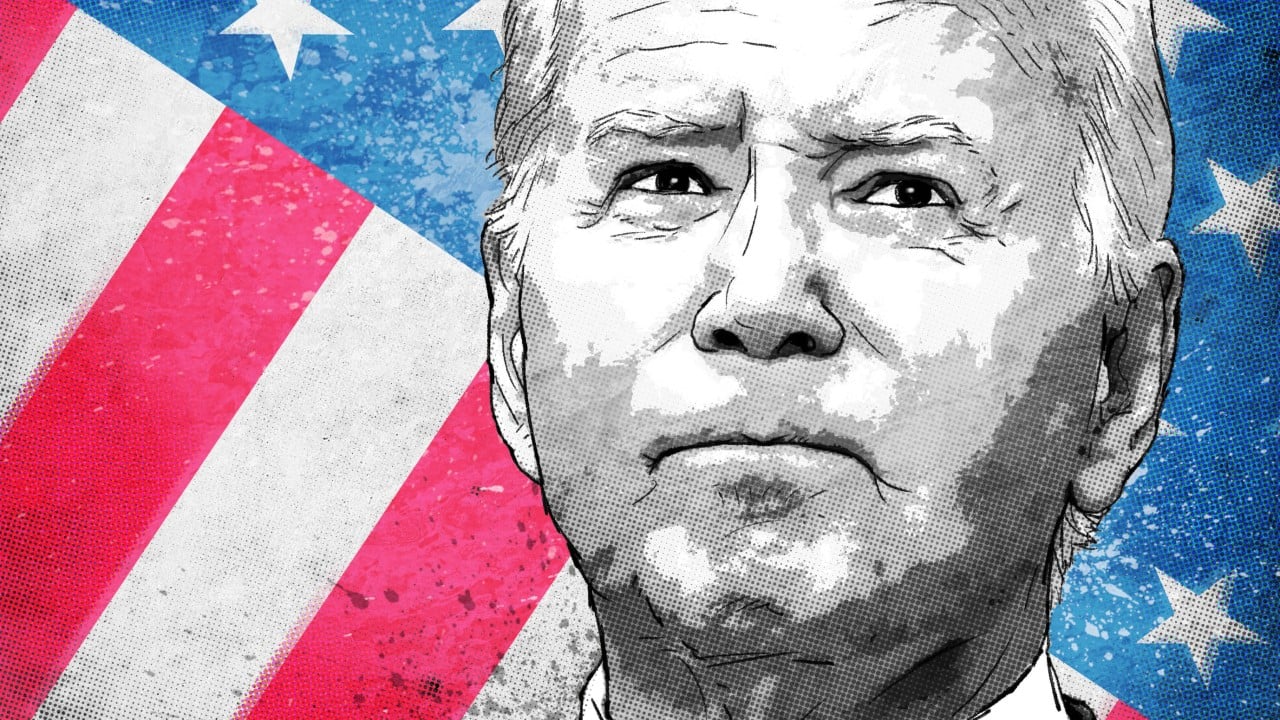America is heading into a general election that has been unprecedented in terms of rhetoric, surprises and the potential to alter the founding principles of US democracy. In this three-part series, the Post looks at the legacy of the departing president, Joe Biden, and the influences and policies of the two contenders, former president Donald Trump and Vice-President Kamala Harris.
Advertisement
During this year’s Nato summit in Washington, US President Joe Biden warned his Chinese counterpart Xi Jinping of a “price to pay” if Beijing continues aid to Moscow, after Nato labelled China a “decisive enabler” in Russia’s war against Ukraine.
For the third year in a row, Indo-Pacific nations took part in the transatlantic security alliance’s meeting, included US chip partners Japan and South Korea, and Five Eyes allies Australia and New Zealand.
The Nato gathering was just one of Biden’s efforts to bring more countries into coalitions that have underpinned US geopolitical strength for decades. Observers say they have inflicted some degree of competitive “pain” on Beijing, from economy and technology to defence, and helped to craft a more unified “China threat” narrative among allies.
But for all of the accolades and the implicit approval from Republicans, who have pushed the Democratic president to fortify some of these coalitions further, some analysts have also said that Biden’s China strategy lacked a clearly defined “end goal”.

That lack of clarity, they say, could undermine the alignment that he has worked so hard to build, particularly if Biden’s vice-president, Kamala Harris, loses the presidential election on Tuesday to former president Donald Trump.
‘Bloc Confrontation’

